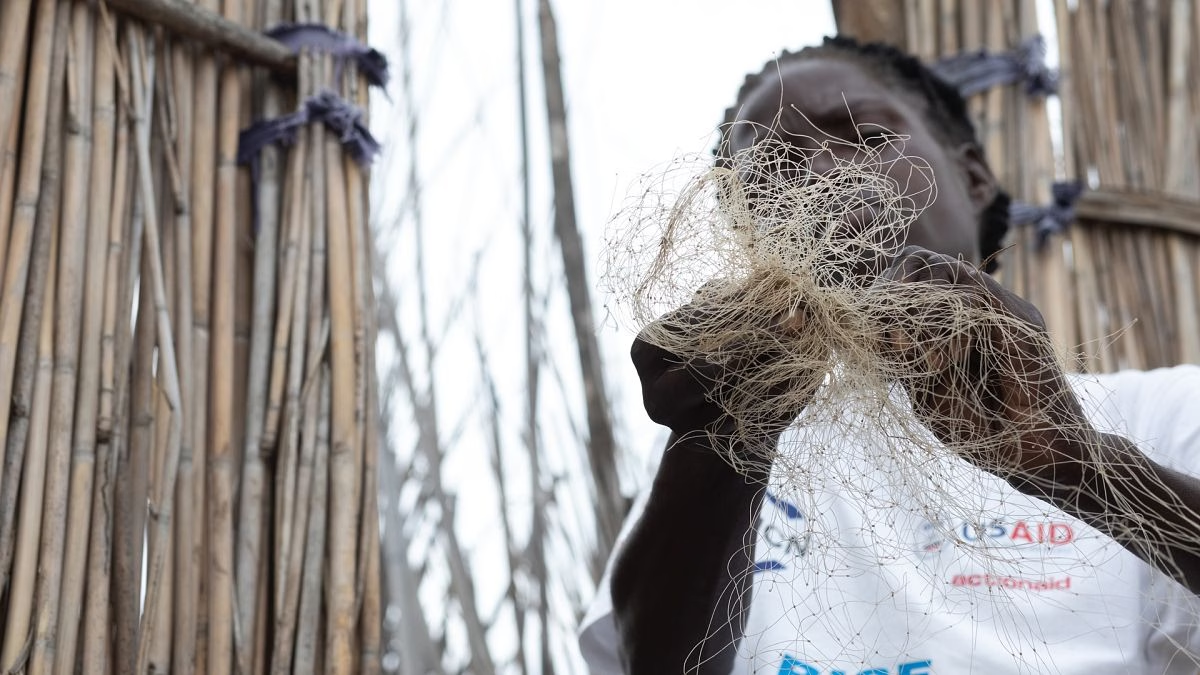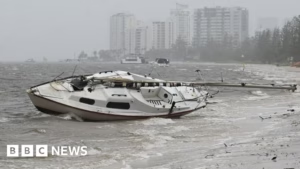Zambia recorded over 42,000 incidents of gender-based violence in both 2023 and 2024, emphasizing a growing concern in communities severely strained by climate conditions. In regions ravaged by drought, particularly in fishing camps, many women have been coerced into “sex-for-fish” arrangements as a desperate measure for survival. This distressing trend has been worsened by the withdrawal of foreign aid from the United States, leaving women more vulnerable to exploitation and abuse in a trade where power dynamics are starkly imbalanced.
The severing of aid funding has hit a nation already on the front lines of the climate crisis particularly hard. Last year’s intense droughts left six million Zambian farmers facing severe food shortages, prompting many to turn to fishing for sustenance. However, this pivot exacerbates their vulnerability; without access to boats, many women must negotiate with fishermen, who often demand sexual favors in exchange for fish.
Gender-based violence in Zambia, already among the world’s highest, has only been exacerbated by these dire economic conditions. While organizations like ActionAid have historically provided critical support through community-led initiatives and safe houses, the reduction of aid from nations including the United States, UK, and Europe has forced the closure of these programs at a moment of dire need. With the ongoing drought projected to threaten the food security of nearly a third of Zambia’s population, the situation could worsen, underscoring a broader issue of how international aid addresses climate-induced social challenges. The drastic cuts in funding, especially by the Trump administration, have had a devastating impact, removing essential support systems without offering alternatives, thereby leaving some of the world’s most vulnerable individuals at heightened risk of exploitation and violence.
Source: https://www.euronews.com/green/2025/03/08/sex-for-fish-rural-zambian-women-forced-into-coercive-deals-as-drought-and-aid-cuts-bite





